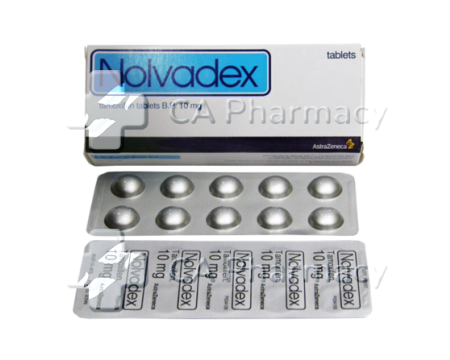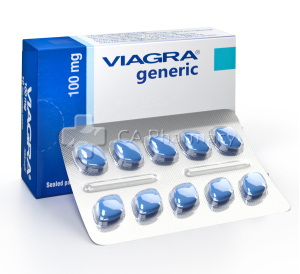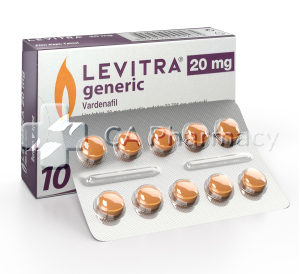What is Nolvadex ?
Nolvadex belongs to a class of drugs called selective estrogen receptor modulators (SERMs). Nolvadex works by blocking the action of estrogen in the body, which may help slow or stop the growth of certain types of breast cancer cells.
In addition to its use in treating breast cancer, Nolvadex may also be prescribed for other conditions, such as infertility in women with anovulatory disorders and gynecomastia (breast enlargement) in men.
Nolvadex comes in tablet form and is usually taken orally once or twice a day. Dosage may vary depending on the individual’s condition and response to treatment. Common side effects of Nolvadex include hot flashes, nausea, fatigue, and vaginal dryness.

Dosage
The recommended dosage of Nolvadex can vary depending on the specific condition being treated and individual factors such as age, overall health, and response to the medication. It is important to follow the guidance of a healthcare professional when determining the appropriate dosage.
- Typically, for the treatment of breast cancer in women, a daily dose of 20-40mg of Nolvadex is recommended. However, dosages may vary based on the stage and type of cancer.
- For individuals at high risk of developing breast cancer or those with ductal carcinoma in situ (DCIS), a daily dose ranging from 20-40mg may be prescribed as well.
Remember, accurate dosing plays a significant role in maximizing the benefits while minimizing potential risks associated with any medication, including Nolvadex.
Side effects
While Nolvadex (generic name: tamoxifen) is a widely prescribed medication for treating and preventing breast cancer, it is important to be aware of its potential side effects. Like any medication, Nolvadex may cause certain adverse reactions that should not be ignored.
Some common side effects of Nolvadex
- Hot flashes;
- Vaginal discharge or bleeding;
- Irregular menstrual periods;
- Nausea;
- Fatigue, and mood swings;
In rare cases, Nolvadex may lead to more serious side effects such as blood clots in the legs or lungs, stroke, uterine cancer, liver problems, and vision changes. It is crucial to seek immediate medical attention if any of these symptoms occur.
It's important to note that the benefits of using Nolvadex often outweigh the potential risks for individuals who have been diagnosed with breast cancer or are at high risk. However, it is always recommended to discuss any concerns or questions about the side effects of Nolvadex with your healthcare provider before starting this medication.




























